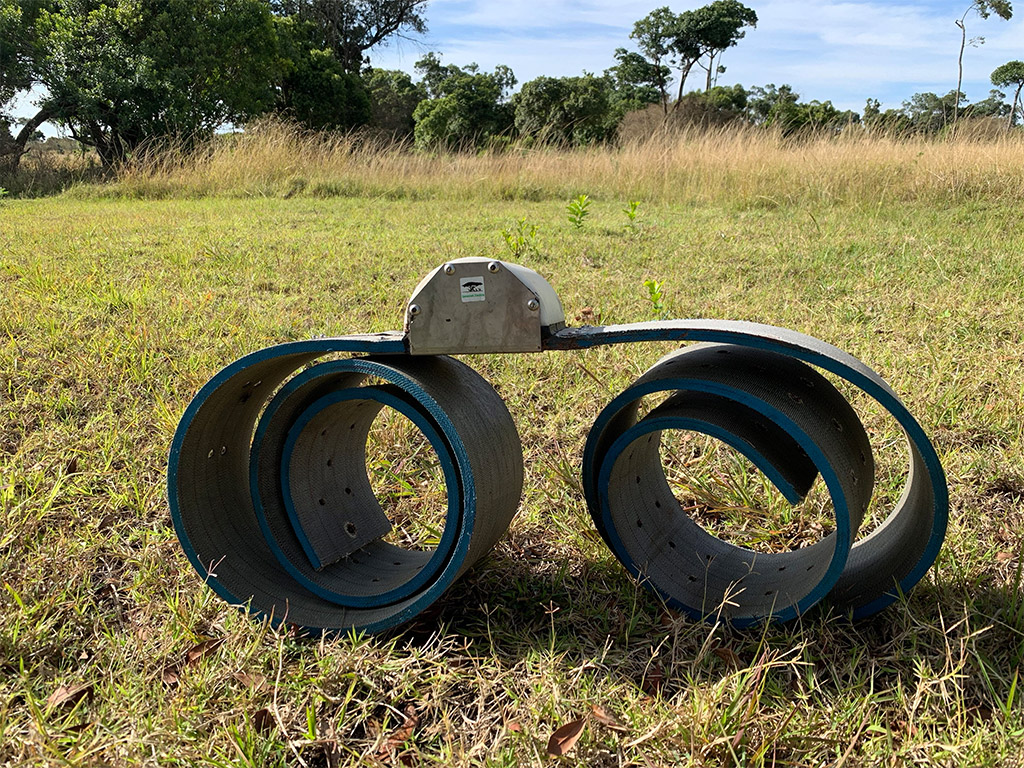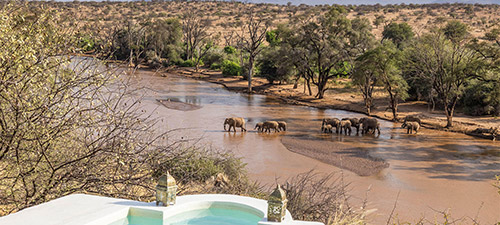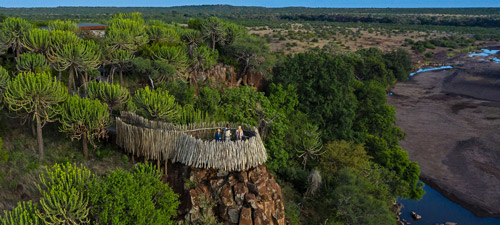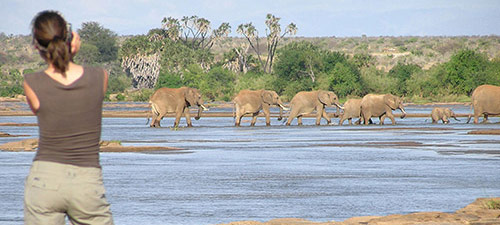
NEWS DESK POST by AG Editorial
A collared elephant has been hunted in Botswana, and the tracking device destroyed. Four other elephant bulls were hunted by the same party. The hunts took place in a remote area near the Dobe border post between Namibia and Botswana.
The hunting party destroyed the tracking device, according to a statement by Botswana Wildlife Producers Association chairman Basimane Masire. He went on to say that the professional hunter and owner of the elephant hunting license subsequently forfeited their hunting licenses and have cooperated with the official investigation.
The Botswana Government’s Ministry of Environment, Natural Resources Conservation and Tourism confirmed yesterday that professional hunter Michael Lee Potter and Botswana citizen Michael Sharp, a citizen who holds the hunting license, claimed not to have noticed that the large bull elephant had a research collar around its neck.
Collared elephant bulls are usually older animals with large tusks, making them attractive hunting trophies. Despite the hunting of collared elephants being contrary to most trophy hunting ethics protocols, and often illegal, incidents of this occurring are not infrequent.
Journalist Don Pinnock reported in Daily Maverick that Zimbabwe professional hunter Adrian Read had the following to say about trophy hunters claiming not to notice that their targets carried research collars: “The collar is very visible from the front as well as from the sides. And you wouldn’t shoot an elephant facing directly away from you because you have to assess the tusk size. In my opinion, anyone shooting a collared elephant and saying he did not see the collar can only be shooting after dark (which is illegal).”

Controversy has reigned since the Botswana government made the decision to resume the hunting of elephants, including chaos during the auction process when Botswana citizens had the opportunity to bid for elephant hunting permits.

Included in the reasoning provided by the Botswana government when they made this decision, was that elephants would be hunted in areas with high incidences of elephant-human conflict so that the local people derive benefits from the hunts. In his report, Pinnock continues that a representative of the local San people, Dahem Xixae, explained “We have no conflict. Only the hunters are the winners here, whereas local poor people remain in sorrow… There’s no benefit to the community from the hunting of elephants and there are dangers. First of all, the Ju/’hoansi do not eat elephants, because elephants behave like human beings. The five elephants hunted were not transients but local ones. This will make the (other elephants) more aggressive and if any were wounded they will be very dangerous to the local community.” Xixae went on to say that “his community was not advised of this elephant hunt”.
For further information about the process leading up to the decision by the Botswana government to resume the hunting of elephants and other species read this compendium of articles.
To comment on this story: Login (or sign up) to our app here - it's a troll-free safe place 🙂.![]()








